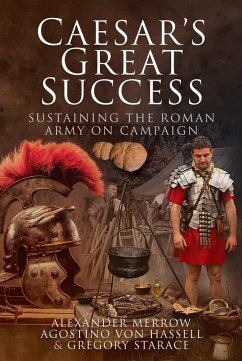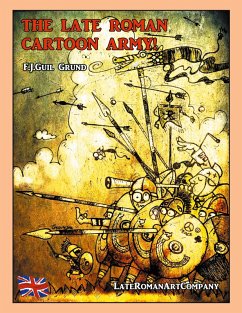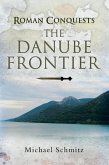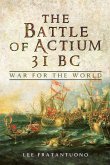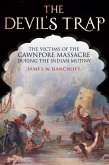An in-depth look at the world's first ever military logistical supply system and how it fed Caesar's armies in the field. Logistics have become a principal, if not a governing factor, in modern military operations. Armies need to be fed and supplied, and the larger the army, the greater the logistical difficulties that have to be overcome. Two thousand years ago, when communications were far more primitive, the size of armies was limited by the difficulties of supply. It was because the Romans developed a sophisticated supply system that they were able to maintain large armies in the field-armies that conquered much of the then known world. In Caesar's Great Success,the authors examine and detail the world's first ever fully-developed logistical supply system-the forerunner of today's complex arrangements. This includes an examination of the sea, river, and land transportation of food while on campaign, and of how the food was assembled at the operational bases and subsequently distributed. The defense of the Roman food supplies, and especially of lines of communication, was an important factor in Caesar's operational planning, as was interdicting the enemy's supplies. The eating habits of Caesar's men are considered and what items could be obtained locally by forage and which were taken by requisition-and how much food a legionnaire was expected to carry on campaign. With this, the nature of the actual food consumed by the legionnaires is therefore examined and sample recipes are provided with each chapter of the book to enable the reader to relive those momentous days when Caesar and Rome ruled the world.
Dieser Download kann aus rechtlichen Gründen nur mit Rechnungsadresse in A, B, BG, CY, CZ, D, DK, EW, E, FIN, F, GR, HR, H, IRL, I, LT, L, LR, M, NL, PL, P, R, S, SLO, SK ausgeliefert werden.

